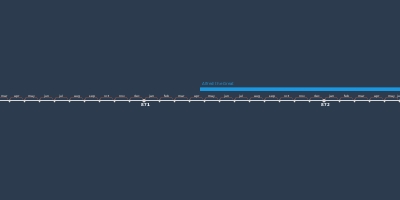Philippe IV the Fair (oct 13, 1285 – nov 29, 1314)
Description:
son of Philippe III and Isabella of Aragon. By virtue of his marriage with Joan I of Navarre, he was also King of Navarre as well as Count of Champagne. Although Philip was known as handsome, as indicated by his nickname le Bel, his inflexible personality gained him other epithets, such as the Iron King (French: le Roi de fer), from friend and foe alike. He relied on skillful civil servants, such as Guillaume de Nogaret and Enguerrand de Marigny, to govern the kingdom rather than on his nobles. Philip and his advisors were instrumental in the transformation of France from a feudal country to a centralized state. Philip, who sought an uncontested monarchy, compelled his vassals by wars and restricted feudal usages. His ambitions made him highly influential in European affairs. His goal was to place his relatives on foreign thrones. Princes from his house ruled in Naples and Hungary. He tried and failed to make another relative the Holy Roman Emperor. He began the long advance of France eastward by taking control of scattered fiefs. The most notable conflicts of Philip's reign include a dispute with Edward I of England, his vassal as Duke of Aquitaine, over the English king's fiefs in southwestern France. Open hostilities began in 1294 and lasted until the Treaty of Paris in 1303, which included a marriage between Edward's heir Edward II and Philippe's daughter Isabella. In 1306, he expelled the Jews from France and, in 1307, he annihilated the order of the Knights Templar. Philip was in debt to both groups and saw them as a "state within the state." To further strengthen the monarchy, he tried to control the French clergy and entered into conflict with Pope Boniface VIII. This conflict led to the transfer of the papal court to the enclave of Avignon in 1309. His final year saw a scandal amongst the royal family, known as the Tour de Nesle affair, in which Philip's three daughters-in-law were accused of adultery. His three sons were successively kings of France: Louis X, Philippe V, and Charles IV. Their deaths without surviving sons of their own would compromise the future of the French royal house, which until then seemed secure, precipitating a succession crisis that would eventually lead to the Hundred Years' War (1337–1453).Added to timeline:
Date:
oct 13, 1285
nov 29, 1314
~ 29 years
